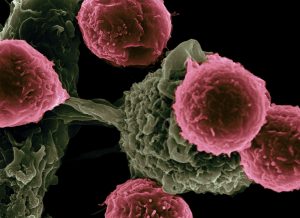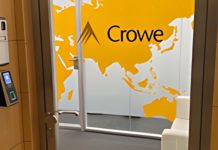Globally, cancer caused more than 10 million deaths in 2020, and the annual cancer burden is expected to grow, with 30 million new cases and 16 million more deaths expected over the next two decades, according to a study by the American Cancer Society. Low and middle-income nations are facing the heaviest burden, experiencing over 70% of cancer deaths, but only 5% of global cancer funding. The International Atomic Energy Agency has launched Rays of Hope, an initiative providing imaging solutions to nations most in need. GE Healthcare has recently become the first private company to partner with the IAEA to provide in-person and online training to improve the diagnostic skills of doctors working in Africa and Latin America.
“A well-trained workforce is a must for a functioning medical sector. Our work together with GE Healthcare will provide these professionals with the necessary skills and knowledge to help save lives,” IAEA Director General Rafael Mariano Grossi said during the partnership’s launch on July 14 at IAEA headquarters in Vienna. “As part of the IAEA’s determined efforts under Rays of Hope to address global imbalances in access to cancer care, we are reaching out to potential partners also in the private sector, which has an indispensable role to play. Our partnership with GE Healthcare is a milestone in this respect and it will be followed by others.”
The partnership will have an initial one-year lifespan, with GE Healthcare providing training at Zurich University Hospital in Switzerland, a partner institution with deep expertise in positron emission tomography (PET) imaging, with the first cohort of medical professionals from Kenya beginning their four-week training period in September. Training will focus on PET-CT and PET-MRI, combined techniques that can offer more accurate cancer diagnosis as well as identify where in the body it has spread.
Member states of the IAEA have pledged more than $9 million for the Rays of Hope program, with France, Japan, Monaco, the Republic of Korea, Sweden, and the United States offering funding. The organization hopes that GE Healthcare will be just the first in a line of private companies working to provide technical knowledge and training to bring more equity to cancer diagnosis and treatment.

























